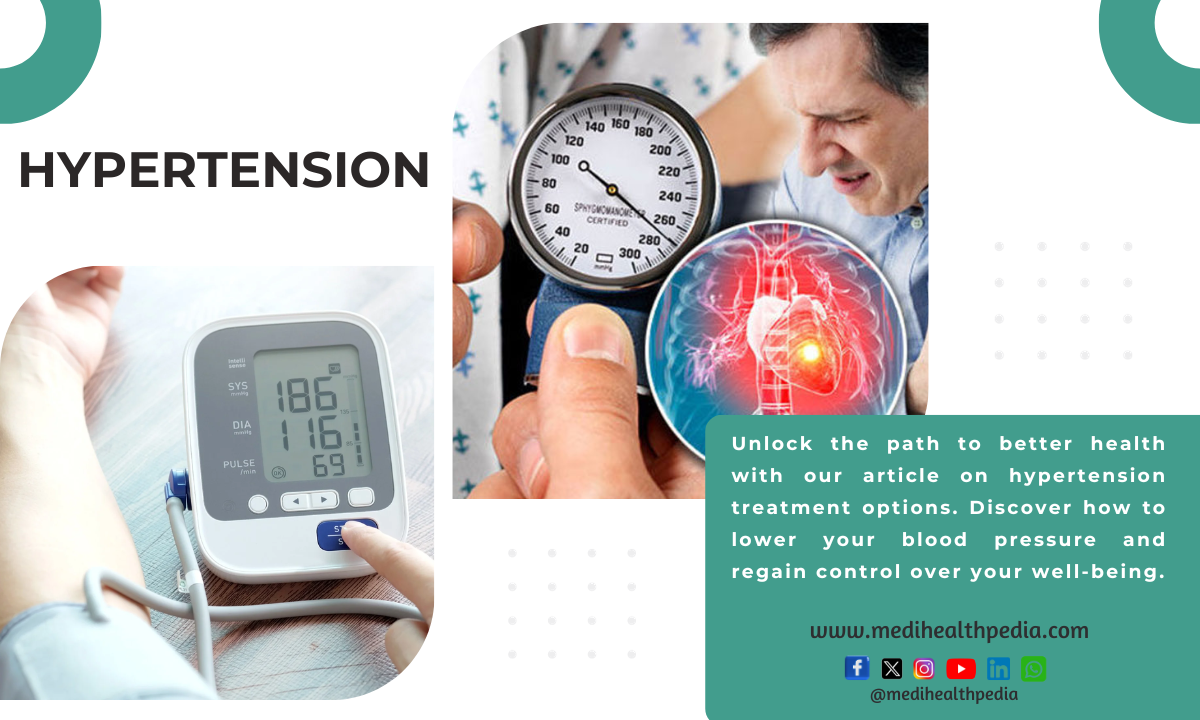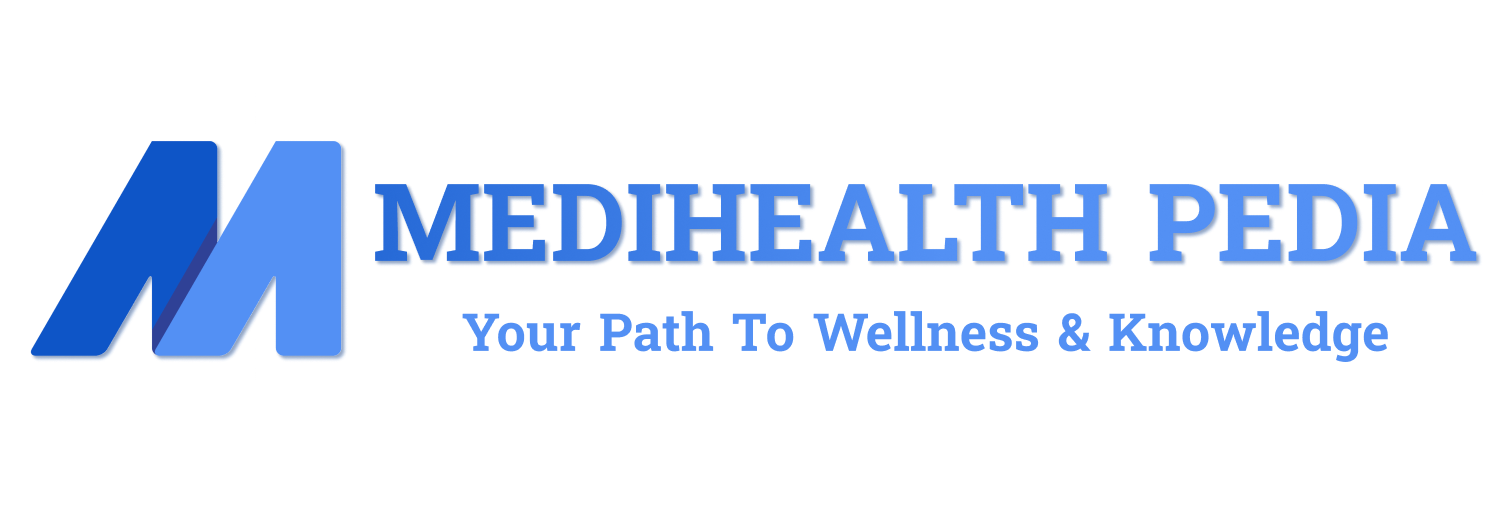Revolutionary Approaches to Hypertension (Hight Blood Pressure) Prevention - Go Natural for a Healthier Life
Introduction
Hypertension, commonly known as high blood pressure, is a prevalent health condition affecting millions of people worldwide. It occurs when the force of blood against the artery walls is consistently too high, potentially leading to various health complications. In this article, we aim to provide a comprehensive understanding of hypertension, discuss its health impacts, explore prevention strategies, delve into screening and monitoring techniques, and touch upon natural medication and treatment options.

Understanding Hypertension
- Definition and Categories: Hypertension is defined as a systolic blood pressure consistently above 140 mm Hg or diastolic blood pressure above 90 mm Hg. It is further categorized into two types: primary (essential) hypertension and secondary hypertension.
- Risk Factors: Several factors contribute to the development of hypertension, including genetics, age, gender, obesity, sedentary lifestyle, excessive sodium intake, and stress.
- Mechanisms: Hypertension can arise from the narrowing of arteries, increased blood volume, or a malfunction in the regulation of blood vessel constriction and dilation.
Health Impacts of Hypertension
- Cardiovascular Diseases: Hypertension significantly increases the risk of heart diseases, such as coronary artery disease, heart attack, and heart failure. It also contributes to the development of peripheral artery disease and aortic aneurysms.
- Stroke: Individuals with hypertension are more prone to ischemic stroke or hemorrhagic stroke due to the increased pressure damaging blood vessels in the brain.
- Kidney Damage: Uncontrolled high blood pressure can damage the kidneys and lead to chronic kidney disease, kidney failure, or the need for dialysis or kidney transplant.
- Eye Complications: Hypertension can cause damage to the blood vessels in the eyes, leading to vision problems or even blindness.
Prevention Strategies
- Adopting a Healthy Lifestyle: Regular exercise, such as aerobic activities and strength training, helps control blood pressure and improves overall cardiovascular health. Maintaining a balanced diet rich in fruits, vegetables, whole grains, lean proteins, and low-fat dairy products can contribute to blood pressure management. Limiting sodium intake, avoiding excessive alcohol consumption, and quitting smoking are crucial lifestyle changes to prevent hypertension.
- Managing Stress: Chronic stress can contribute to high blood pressure, and implementing stress management techniques like meditation, deep breathing exercises, or engaging in hobbies can be beneficial.
- Weight Management: Maintaining a healthy weight through a combination of regular physical activity and a well-balanced diet is essential in preventing hypertension.
- Regular Check-ups: Routine medical check-ups allow for the early detection and management of hypertension, ensuring prompt intervention if necessary. Keep blood pressure in check by monitoring it at home with the help of home blood pressure monitors approved by healthcare professionals.
Screening and Monitoring
- Blood Pressure Measurement: Accurate blood pressure measurement involves the use of a blood pressure cuff and a stethoscope or an electronic device. Measurements should be taken while in a relaxed state, avoiding caffeine intake or smoking prior to the measurement.
- Blood Pressure Targets: Ideal blood pressure targets may vary based on individual circumstances, but generally, a target of below 130/80 mmHg is recommended for most adults.
- Regular Monitoring: Regular blood pressure monitoring at home can provide valuable information for both the individual and healthcare providers, aiding in the management and prevention of hypertension. Keep a record of blood pressure measurements and share it with healthcare professionals during check-ups to ensure effective monitoring of hypertension.
Natural Medication and Treatment Options
- Dietary Approaches: Incorporating certain foods into the diet, such as garlic, olive oil, berries, leafy greens, and whole grains, may have blood pressure-lowering effects. Natural supplements, like fish oil, coenzyme Q10, and hibiscus tea, have also shown potential in reducing blood pressure.
- Physical Activity and Relaxation Techniques: Engaging in regular physical exercise, including yoga, tai chi, or aerobic activities, can contribute to blood pressure reduction. Relaxation techniques, such as deep breathing exercises or biofeedback therapy, can help manage stress and promote overall well-being.
- Herbal Remedies: Certain herbs, such as hawthorn, celery seed, and basil, have been traditionally used to support cardiovascular health and may aid in blood pressure management.
- Acupuncture and Traditional Chinese Medicine: Acupuncture, an ancient practice from Traditional Chinese Medicine, has been studied for its potential to reduce blood pressure, potentially providing a non-pharmaceutical treatment option.
Conclusion
Preventing and managing hypertension is of utmost importance to safeguard our overall health and well-being. By understanding the causes, health impacts, and prevention strategies associated with hypertension, individuals can make informed choices to lead a heart-healthy lifestyle. Monitoring blood pressure regularly, adopting a healthy diet and exercise routine, managing stress, and exploring natural treatment options can significantly contribute to the prevention and management of hypertension. Remember, a proactive approach towards hypertension can lead to better health outcomes and a higher quality of life.

